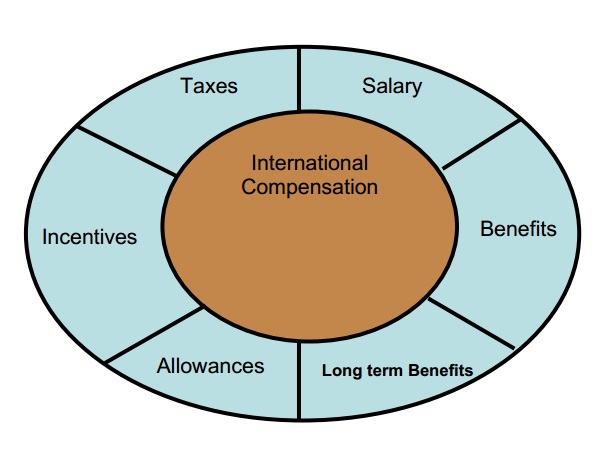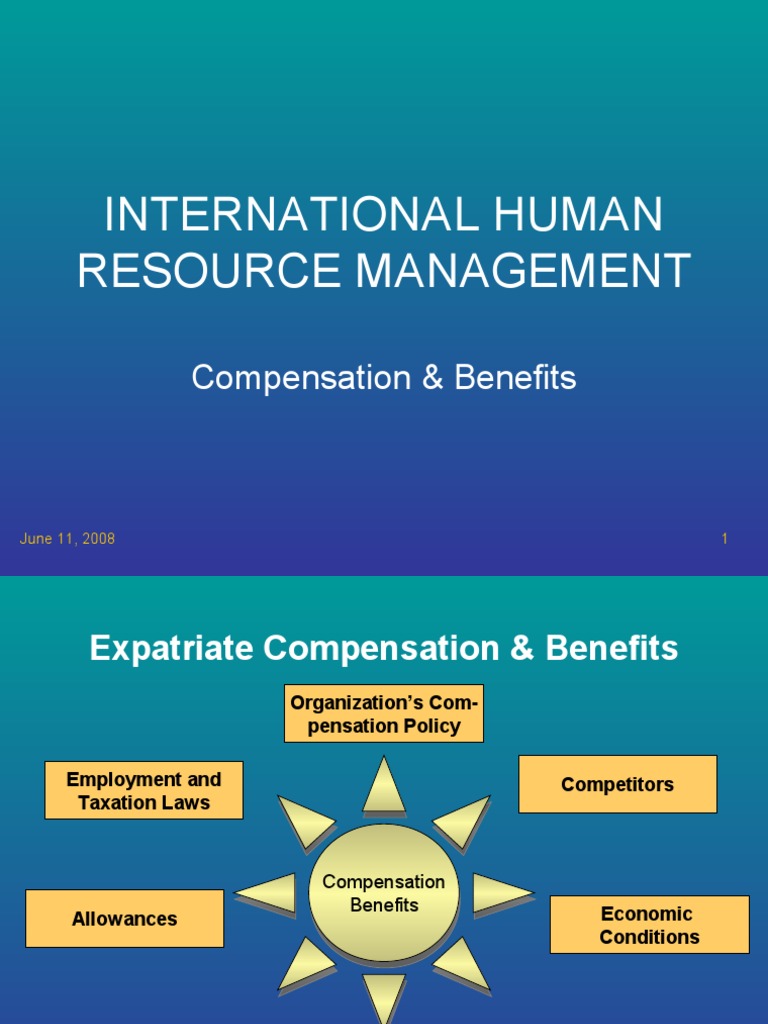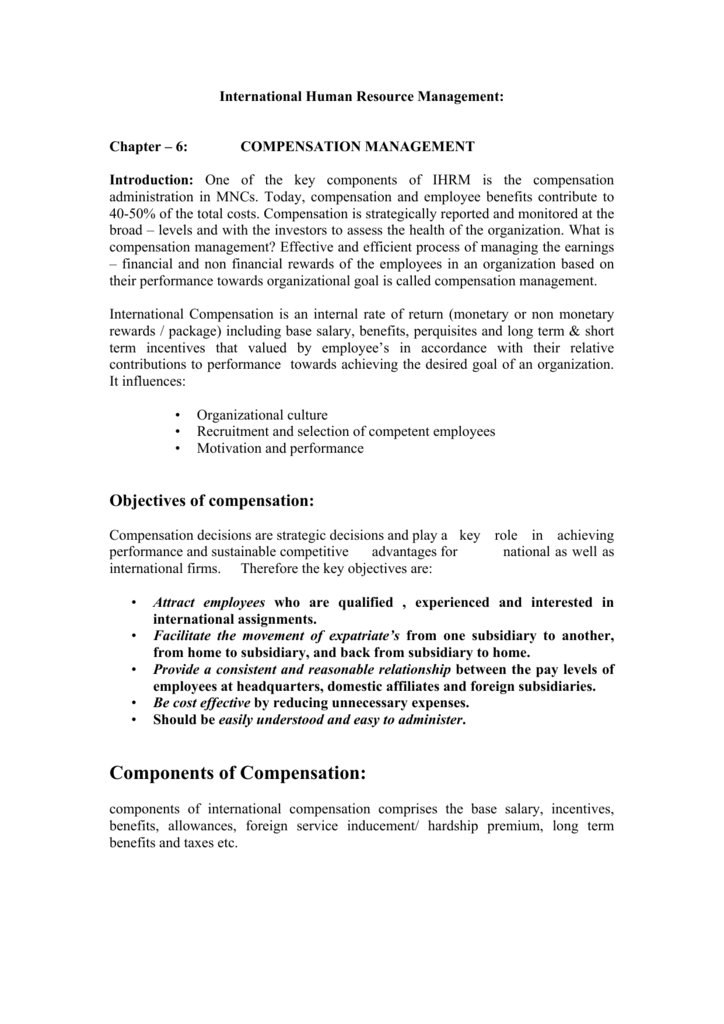International compensation and benefits refer to the financial and non-financial rewards that an organization offers to its employees who work outside of their home country. These rewards are designed to attract, retain, and motivate employees who are willing to work in a foreign country, and to compensate them for the additional challenges and costs that they may incur as a result of living and working abroad.
One of the main challenges of designing an international compensation and benefits package is the need to balance the needs and expectations of employees with the financial realities of the organization. The package should be fair, competitive, and attractive to employees, while also being sustainable and affordable for the organization. It should also be aligned with the organization's overall business strategy and objectives, and with local laws and regulations in the host country.
There are several key components to an international compensation and benefits package, including base salary, bonuses and incentives, housing and relocation assistance, education and training, and healthcare and insurance.
Base salary is the most basic and essential component of an international compensation package. It should be based on the employee's level of education, skills, experience, and job responsibilities, and should be competitive with local market rates for similar positions in the host country. It should also take into account the cost of living in the host country, as well as any additional challenges or costs that the employee may incur as a result of working abroad, such as language barriers, cultural differences, or security risks.
Bonuses and incentives can be an important part of an international compensation package, as they can help to motivate and reward employees for their contributions to the organization. These may include annual bonuses based on the employee's performance, as well as special bonuses or incentives for achieving specific goals or milestones.
Housing and relocation assistance can be a significant benefit for employees who are working abroad, as it can help to offset the costs of finding and maintaining a home in a foreign country. This may include assistance with finding suitable housing, paying for temporary housing or storage, and covering the costs of moving and shipping household goods.
Education and training can also be an important part of an international compensation and benefits package, as it can help to support the professional development and career advancement of employees who are working abroad. This may include funding for tuition, books, and other educational expenses, as well as access to language training, cultural training, or other professional development opportunities.
Healthcare and insurance are also critical components of an international compensation and benefits package. Employees who are working abroad may need to purchase their own health insurance, and the organization may need to provide additional coverage for unexpected medical expenses or emergencies. Other insurance coverage may also be necessary, such as life insurance, disability insurance, or liability insurance.
Overall, international compensation and benefits are an essential part of attracting, retaining, and motivating employees who are willing to work abroad. By offering a fair and competitive package that meets the needs and expectations of employees, and by aligning the package with the organization's overall business strategy and objectives, companies can effectively support their international operations and enhance their global competitiveness.








